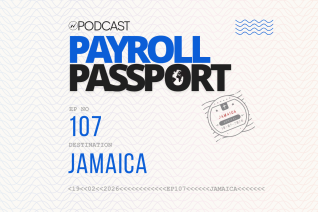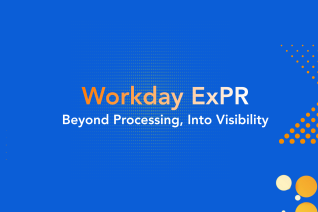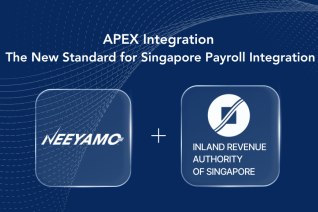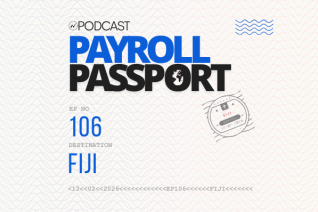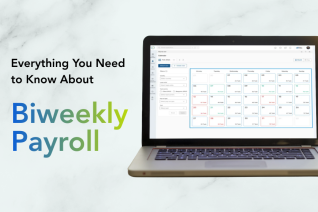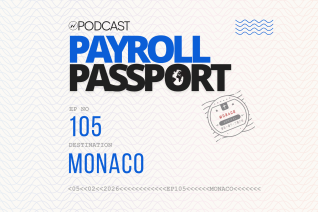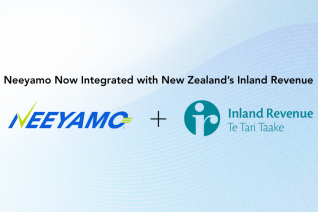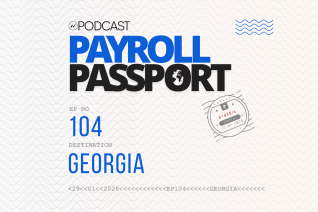Country Spotlight: Payroll in Zimbabwe

In Zimbabwe, payroll management is shaped by a constantly evolving regulatory and economic environment. The U.S. dollar and the recently introduced Zimbabwe Gold (ZiG, launched on 8 April 2024) are central to business transactions, and for employers, this goes beyond routine payments; it directly affects how salaries are calculated, split across currencies, and reported, making payroll a uniquely complex challenge in the country.
Overview of Payroll in Zimbabwe
Payroll in Zimbabwe is governed by constantly shifting regulations, requiring employers to stay agile and compliant. Payroll is typically processed on a monthly basis. While some companies may offer a 13th salary or performance-based incentives, these are contractual benefits and not mandated by law. Both local and foreign employers must also comply with sector-specific minimum wage standards, progressive tax rates, statutory contributions, and strict legal deadlines.
Key Challenges in Zimbabwe Payroll Explained
-
Currency and Exchange Rate Complexity
Zimbabwe operates with multiple currencies simultaneously, primarily the U.S. dollar (USD) and the Zimbabwe Gold (ZiG), which replaced the Zimbabwean dollar in 2024. In practice, many employees receive part of their salary in USD and part in ZiG. Payroll teams must calculate salaries, taxes, and benefits accurately across these currencies while accounting for fluctuating exchange rates. This creates an added layer of complexity that requires constant monitoring and adjustment to ensure employees receive the correct net pay.
-
Taxation and Compliance
Employers in Zimbabwe must withhold various taxes, including the Pay-As-You-Earn (PAYE) income tax, which is progressive, the AIDS Levy calculated as 3% of PAYE, and corporate taxes. Tax laws and rates are frequently updated through government budgets and Finance Acts. These updates introduce changes to tax brackets, rates, and levies as part of the government’s strategy to meet national revenue and economic goals. Employers must stay current with these legislative changes to ensure timely payment of taxes and accurate monthly tax return submissions, as failing to comply can result in penalties and fines.
-
Social Security Contributions
In Zimbabwe, social security contributions are administered by the National Social Security Authority (NSSA). Both employers and employees are required to contribute 4.5% each of insurable earnings, up to the current ceiling of US$700, resulting in a combined rate of 9%. These contributions are mandatory and must be calculated and remitted on time, as failure to comply can lead to financial penalties and disrupt employee benefits.
-
Labour Laws and Employee Rights
Zimbabwean labour law governs wage rules, employment contracts, termination procedures, and leave entitlements. These laws may change, and employers need to stay compliant to avoid legal conflicts or disputes. For example, severance pay, notice periods, and leave eligibility require careful handling in payroll calculations.
-
Economic Volatility and Rapid Changes
Zimbabwe’s economy is characterized by fluctuating inflation rates and rapid shifts in currency policy. Payroll rules can suddenly change to reflect cost-of-living adjustments or currency revaluations. This means that payroll teams must be highly adaptable and ready to update processes on short notice to remain compliant and ensure that employees are properly compensated.
READ NOW | Zimbabwe: A Guideline to Payroll and Employer of Record
Payroll for Expats in Zimbabwe
Zimbabwe reported approximately 42,600 labor migrants working in the country as of Q2 2025. Expats (particularly those in managerial and specialist roles) usually earn more than the national average, with some management positions reaching up to USD 5,500 per month, while the typical Zimbabwean worker earns about USD 253 per month. Expats’ salaries are subject to separate tax tables: employers must deduct PAYE income tax (up to 40%), the AIDS Levy (3% of PAYE), and mandatory NSSA social security with a 2025 insurable earnings ceiling of ZWL 700,000 per month.
Dual-currency payrolls, complex tax filings, and work permit requirements create extra compliance needs for expats and their employers, making specialist support essential for smooth payroll management.
Conclusion
Managing payroll in Zimbabwe can be challenging because businesses must contend with numerous moving parts simultaneously. Multiple currencies like the Zimbabwean dollar, US dollar, and South African rand are used to pay employees, making salary calculations more complex. On top of that, tax laws change regularly, and companies must keep up to date with these changes to avoid fines.
Employers also have to follow labor laws that regulate wages, leave, and termination procedures, and these laws can shift from time to time. The country’s economic fluctuations make it more challenging to maintain accurate and fair payroll. All these factors create a lot of extra work for HR teams, especially if they rely on manual processes.
To succeed, businesses must remain flexible, invest in robust payroll systems, and continually monitor updates to regulations and currency rates. Clear and accurate payroll management protects companies from legal risks, helps maintain employee trust, and supports long-term growth in Zimbabwe’s evolving economy.
TUNE IN NOW | Payroll Passport Ep 68. Zimbabwe
Why choose Neeyamo for your Global payroll needs?
Unlock the power of seamless global payroll management with Neeyamo's expert global payroll services. Neeyamo helps you navigate complex payroll regulations in 160+ countries, ensuring compliance and minimizing risks. Not convinced yet? Here's why we're your ideal partner:
Regulatory Roadblocks? Confidently navigate complex international laws & regulations.
Irritated with Integration? Seamlessly stitch together your HR systems.
Chaotic Control? Command your global workforce from a single platform.
Tardy Transactions? Ensure prompt and precise payroll processing.
Doubtful Digital Defense? Shield your sensitive information from digital threats.
Neeyamo? Your passport to hassle-free global payroll!
Latest Resources
Stay informed with latest updates
If you're curious and have a thirst for knowledge pertaining to the HR, payroll, and EOR universe, don't miss out on subscribing to our resources.




